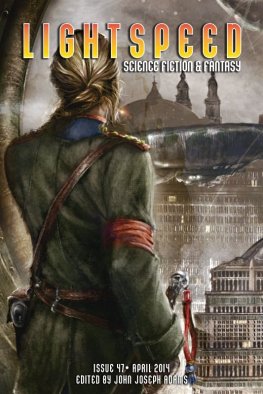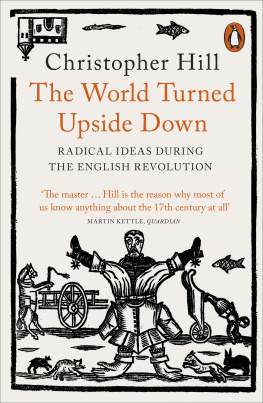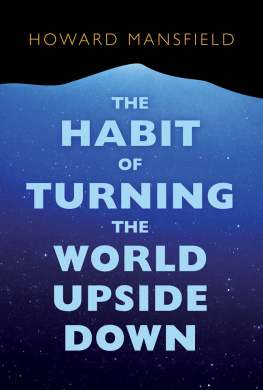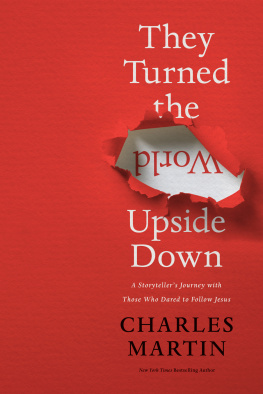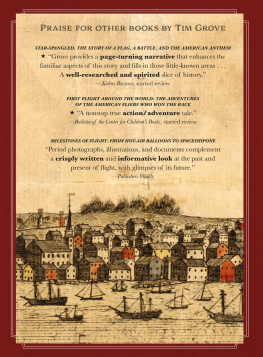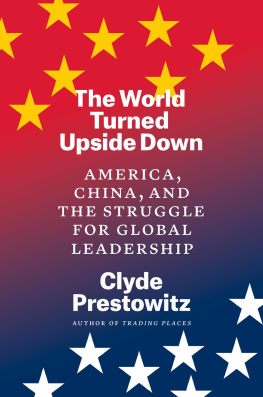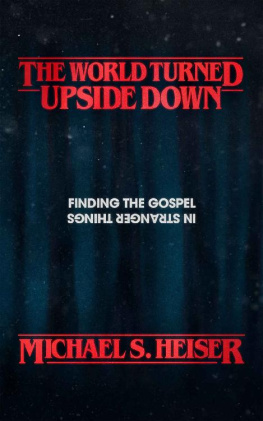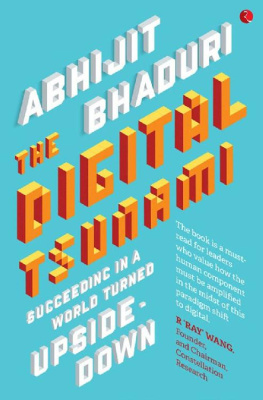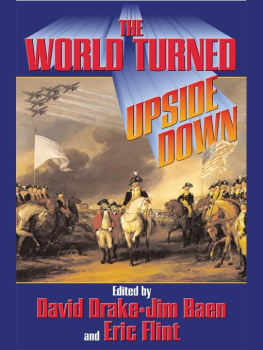Yang Jisheng - The World Turned Upside Down
Here you can read online Yang Jisheng - The World Turned Upside Down full text of the book (entire story) in english for free. Download pdf and epub, get meaning, cover and reviews about this ebook. year: 2020, publisher: Farrar, Straus and Giroux, genre: History. Description of the work, (preface) as well as reviews are available. Best literature library LitArk.com created for fans of good reading and offers a wide selection of genres:
Romance novel
Science fiction
Adventure
Detective
Science
History
Home and family
Prose
Art
Politics
Computer
Non-fiction
Religion
Business
Children
Humor
Choose a favorite category and find really read worthwhile books. Enjoy immersion in the world of imagination, feel the emotions of the characters or learn something new for yourself, make an fascinating discovery.

- Book:The World Turned Upside Down
- Author:
- Publisher:Farrar, Straus and Giroux
- Genre:
- Year:2020
- Rating:3 / 5
- Favourites:Add to favourites
- Your mark:
- 60
- 1
- 2
- 3
- 4
- 5
The World Turned Upside Down: summary, description and annotation
We offer to read an annotation, description, summary or preface (depends on what the author of the book "The World Turned Upside Down" wrote himself). If you haven't found the necessary information about the book — write in the comments, we will try to find it.
The World Turned Upside Down — read online for free the complete book (whole text) full work
Below is the text of the book, divided by pages. System saving the place of the last page read, allows you to conveniently read the book "The World Turned Upside Down" online for free, without having to search again every time where you left off. Put a bookmark, and you can go to the page where you finished reading at any time.
Font size:
Interval:
Bookmark:
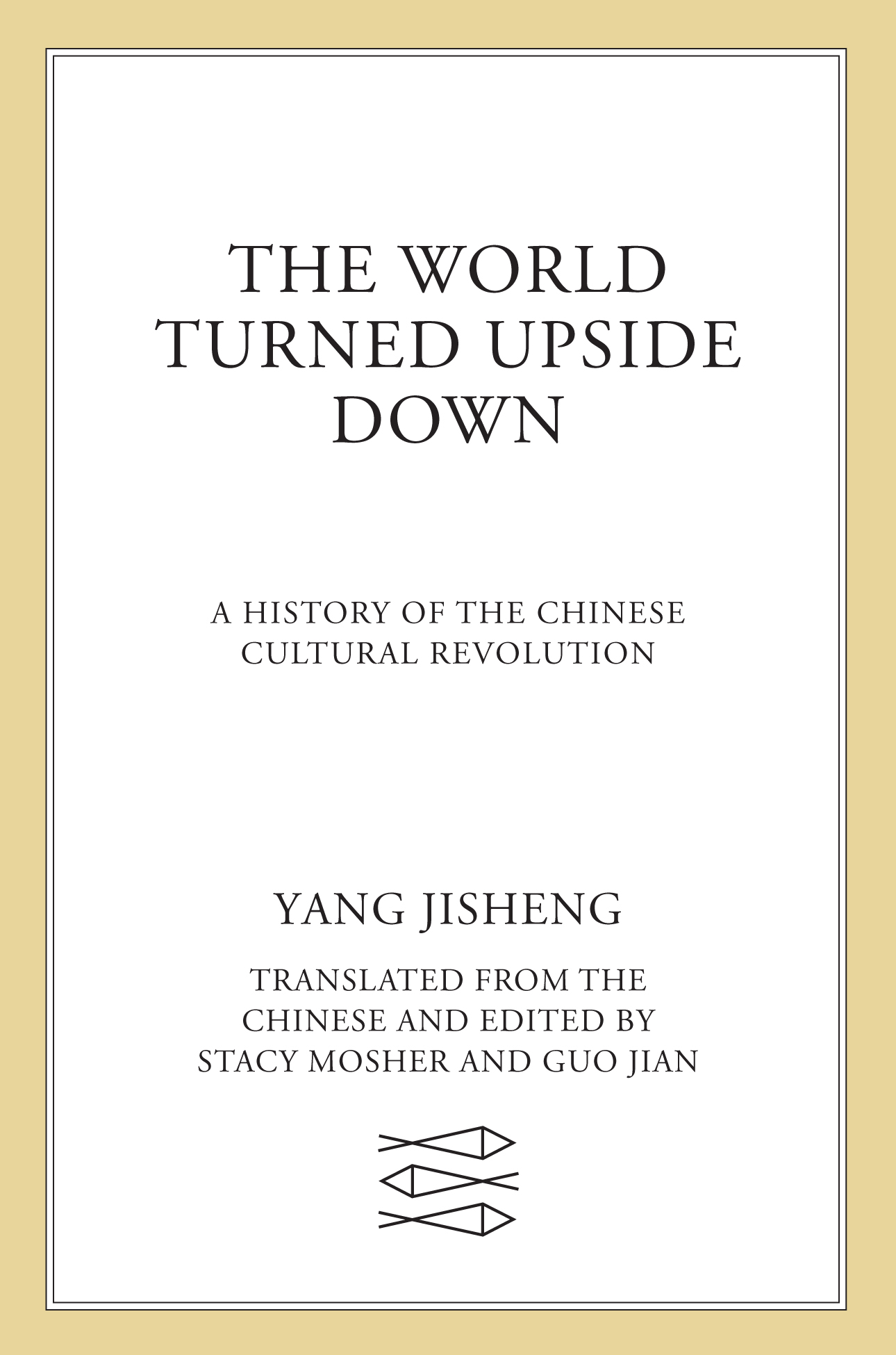
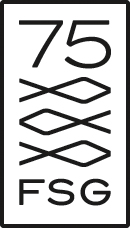

The author and publisher have provided this e-book to you for your personal use only. You may not make this e-book publicly available in any way. Copyright infringement is against the law. If you believe the copy of this e-book you are reading infringes on the authors copyright, please notify the publisher at: us.macmillanusa.com/piracy.
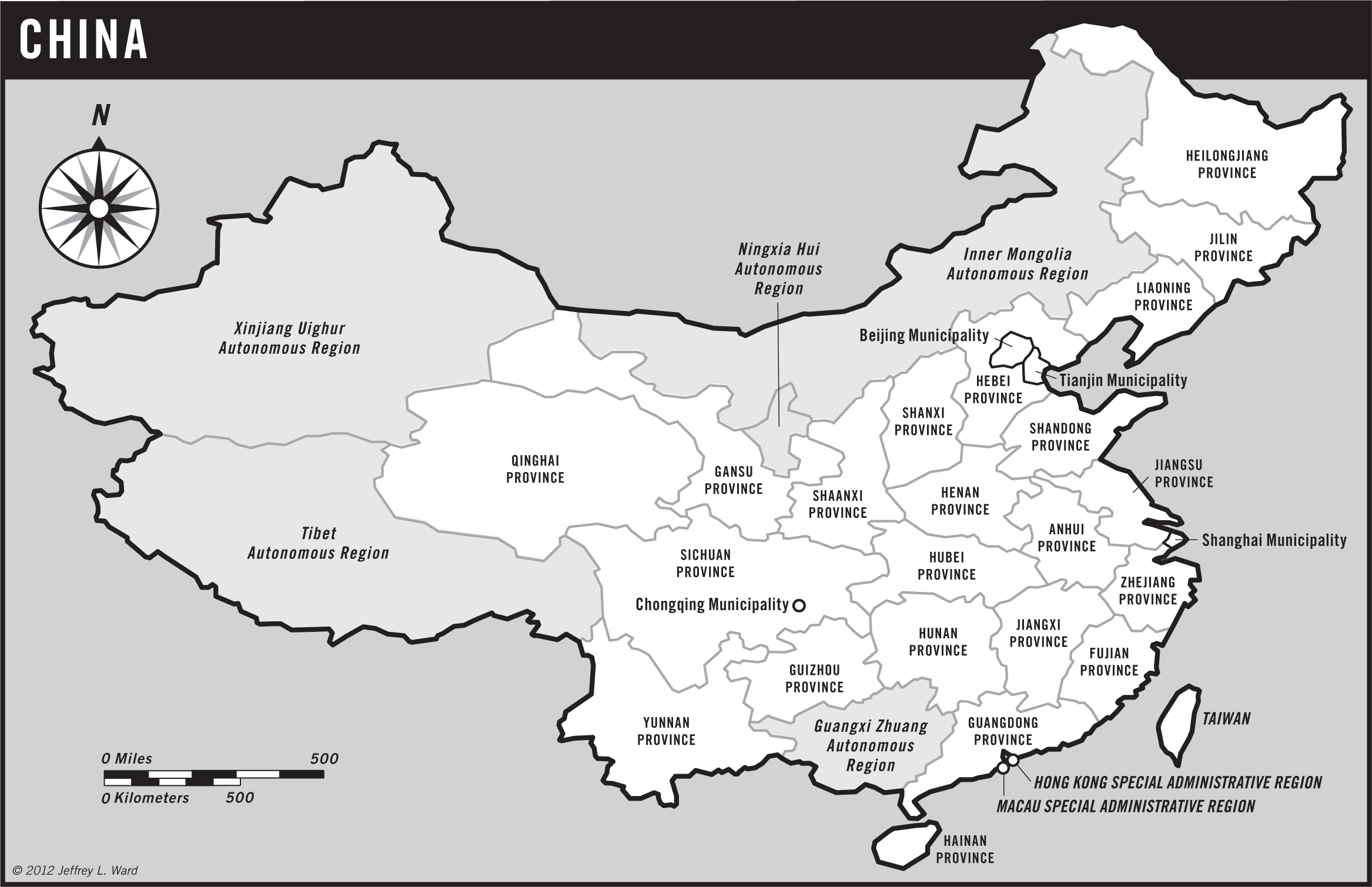
Yang Jishengs The World Turned Upside Down arrives with renewed attention to the Cultural Revolution at the fiftieth anniversary of its launch, and as Chinas president Xi Jinping takes steps to enhance centralized power and to establish a Mao-style cult of personality. The only complete history of the Cultural Revolution by an independent scholar based in mainland China, The World Turned Upside Down makes a crucial contribution to understanding the Cultural Revolution and its lasting influence today.
As a major political event and a crucial turning point in the history of the Peoples Republic of China (PRC), the Great Proletarian Cultural Revolution (19661976) marked the heyday as well as the eventual bankruptcy of Mao Zedongs ultra-leftist politics. Purportedly to prevent China from departing from its socialist path, Mao mobilized the masses in a battle against what he considered to be the bourgeoisie within the ruling Chinese Communist Party (CCP). This ten-year-long class struggle on a massive scale caused unprecedented damage to traditional culture and to the nations economy. To a great extent, it was the disaster of the Cultural Revolution that prompted post-Mao Chinese Communist leaders, ahead of their Soviet counterparts, to implement pragmatic economic reforms. Major policies that the post-Mao government has adopted may still be best understood as a reaction to the radical politics of the Cultural Revolution.
The revolution was cultural because Mao conceived of it in Marxist terms as a thoroughgoing revolution aimed at eradicating old culture and customs and educating the masses through a series of political campaigns. Mao considered a populace with a revolutionized consciousness to be the best defense against the bourgeoisie taking power over the country. Although Maos program achieved considerable success in destroying much of traditional culture, the Cultural Revolution also brought about a revival of Chinas imperial past in the widespread personality cult of Mao and the deification of the leader.
The Cultural Revolution was political as well, since the pronounced main task of this movement was to purge capitalist roaders in the party leadership and strengthen the proletarian dictatorship under Mao. Even though some of the leaders thus namedsuch as Maos first chosen successor, President Liu Shaoqitook an approach less radical than Maos to Chinas economic development, all of them were committed Communists and had never designed a program, as charged, to restore capitalism in China.
The Cultural Revolution had a far greater impact on the lives of ordinary people and on Chinese society in general than any other political movement in the history of the PRC. Large swaths of the population were demonized and persecuted as political enemies, especially those labeled as black elements (landlords, rich peasants, counterrevolutionaries, bad elements, and rightists), along with teachers, scholars, and artists whose work had to do with culture and education. A vast number of them were illegally detained, interrogated, tortured, and even brutally murdered or driven to suicide. The majority of government officials and party cadres were sidelined as capitalist roaders and sent to labor camps to undergo reform. Enthusiastic urban youths formed Red Guard and rebel organizations and served as Maos crusading army against the traditional party and state establishment before most of themseventeen million in totalwere likewise sent to the countryside to be reeducated by peasants, crippling them for participation in the postCultural Revolution era of Reform and Opening. Factional violence among mass organizations throughout the country in 1967 and 1968 resulted in substantial military and civilian casualties that still remain uncounted, except for sporadic provincial and local statistics. According to official estimates, the total number of people affected by campaigns against political enemies amounts to a hundred million, which was one-eighth of Chinas population at the time. Due to the Cultural Revolutions long-lasting, grave impact on Chinas economy and national life, it is both officially and popularly referred to as ten years of chaos.
The post-Mao CCP leadership began in late 1976 to implement concrete measures to reverse Maos Cultural Revolution policies in all areas. In June 1981, the central leadership adopted the Resolution on Certain Questions in the History of Our Party Since the Founding of Our Country, an attempt to review Maos legacy and conclude a highly problematic chapter in the CCP history so that both the party and the nation might be united, leave the past behind, and look ahead. While acknowledging the Cultural Revolution as the cause of the most severe setback and the heaviest losses the party, the state, and the people had suffered since the founding of the PRC, the resolution nevertheless upheld Mao Zedong Thought as the guiding principle of the CCP, apparently out of concern that a thoroughgoing critique of the Cultural Revolution might put the legitimacy of the entire regime in question. The Cultural Revolution has therefore remained a highly sensitive topic in China, and important Cultural Revolution documents remain classified in Beijings Central Archives while serious independent studies of the Cultural Revolution such as Yang Jishengs are invariably censored in mainland China; the Chinese edition of The World Turned Upside Down (2016) was published in Hong Kong and cannot be legally sold or circulated in mainland China.
Arriving more than a decade after the publication of official Chinese studies on the subject, such as A Concise History of the Cultural Revolution (1996) by Xi Xuan and Jin Chuming, Turbulent Decade: A History of the Cultural Revolution (1988) by Yan Jiaqi and Gao Gao, and Years of Great Turmoil (1988) by Wang Nianyi, as well as Maos Last Revolution (2006) by Roderick MacFarquhar and Michael Schoenhals, Yang Jishengs The World Turned Upside Down has benefited from many memoirs, local histories, and commentaries published in the intervening years that offer a great deal of additional material and new thinking regarding the Cultural Revolution. Frank Dikotters recent The Cultural Revolution: A Peoples History, 19621976 (2016) also takes advantage of more recently unearthed material to offer the thesis that popular passive resistance and noncompliance led to the end of Maoism. Yang Jisheng, on the other hand, posits that the Cultural Revolution was a triangular game between Mao, the bureaucratic clique, and the rebel faction, and that the bureaucratic clique ultimately won, Mao lost, and the rebel faction bore the consequences of the loss. Yang, who has also written important works on Chinas Reform and Opening (
Font size:
Interval:
Bookmark:
Similar books «The World Turned Upside Down»
Look at similar books to The World Turned Upside Down. We have selected literature similar in name and meaning in the hope of providing readers with more options to find new, interesting, not yet read works.
Discussion, reviews of the book The World Turned Upside Down and just readers' own opinions. Leave your comments, write what you think about the work, its meaning or the main characters. Specify what exactly you liked and what you didn't like, and why you think so.

